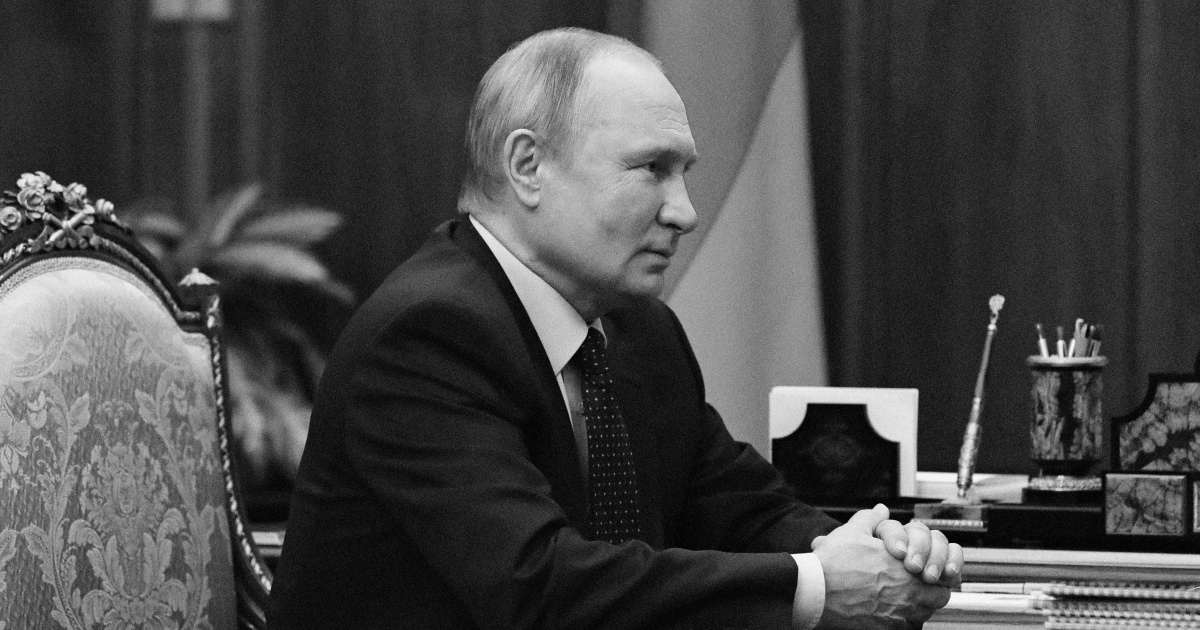
Volker said Putin may have learned from the retreat from Kyiv, where the Russian army missed the chance to reorganize before plowing ahead with the Donbas offensive.
“They need to get the supply line straight. They need to get the forces integrated. They need to make sure the equipment works,” he said. “And they haven’t allowed time for that because they’re being driven by this May 9 deadline.”
Reframe the conflict
Senior Russian officials have justified the invasion as a way to “denazify” Ukraine in an attempt to lend the conflict a tinge of World War II valor. Amplified by a pliant Russian media, the pretext appears to enjoy widespread public buy-in.
Oleksa Drachewych, an expert on Russian media and an assistant history professor at Western University in Canada, said he had noticed increased talk of NATO support for Ukraine’s so-called Nazis in the run-up to May 9.
“But they’re also trying to develop the claim domestically that Russia is an anti-Western bulwark and using that to unify people around the war in Ukraine,” he said.
Bugayova said Putin may use Monday as a chance to broaden the ideological aims of Russia’s involvement in Ukraine in an attempt to bolster support for the conflict — and for himself.
“He’ll need to explain to Russians why they actually need to go fight and die in a war that Russia is allegedly winning. That requires something bigger than the denazification narrative,” she said. “So he may try to reframe the narrative that it is the West versus us.”
Even if Monday itself passes without major incident, the conflict in Ukraine looks set to endure, with NATO allies shoring up Ukrainian defenses against an offensive that will surely come to define Putin’s time in power.
“He might just have a parade and make a speech, because there is great risk in declaring war,” Wasielewski said.
“If he does, he has really crossed the Rubicon. It’s a sign that he is in this for months, if not years, and it is a fight for victory or death.”




